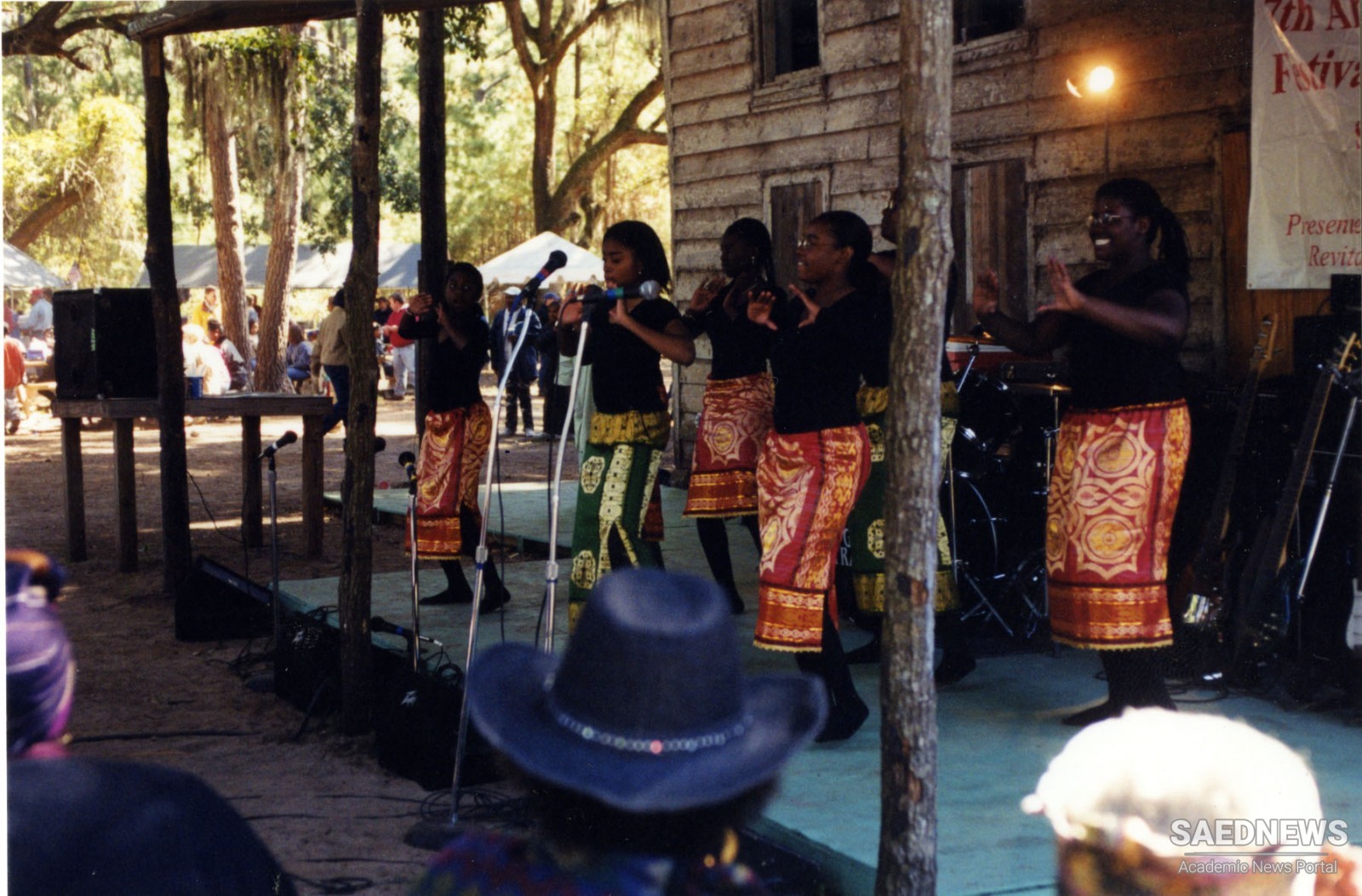As Carl Engel, chief of the library’s Music Division, wrote at the time: “There is a pressing need for the formation of a great centralized collection of American folk-songs. … This collection should comprise all the poems and melodies that have sprung from our soil or have been transplanted here, and have been handed down, often with manifold changes, from generation to generation as a precious possession of our folk.” Engel’s dream was more than fulfilled, as the Archive of American Folk-Song, as it was originally named, would grow throughout the century and into the next. Originally funded from private sources, it would not obtain public support for a few years.
Robert Gordon spent most of his time in the field, using a cumbersome recording machine, and was not an efficient administrator. John Lomax replaced Gordon in 1932 as “honorary curator.” He also spent much of his time collecting field recordings, along with his son Alan, who became the archive’s first federally funded full-time staff member in 1937, serving as “assistant in charge.” John Lomax donated his recordings to the archive’s growing collection in exchange for using their equipment. Alan remained as head of the archive until 1942. The growth of the archive was part of the New Deal’s commitment, under the administration of President Franklin Roosevelt, to promoting cultural research and programs. Folklorist Ben Botkin served as head of the archive during the duration of World War II, 1942–1945, and was replaced by Duncan Emrich, also a Harvard trained folklorist, who served for ten years with the title “chief of the Folklore Section.” The collection of field recordings had grown significantly, with contributions from collectors such as Vance Randolph, Eloise Hubbard Linscott, Zora Neale Hurston, Herbert Halpert, Melville Hersokovits, and many others. A sample of these recordings began to appear on 78 rpm records issued by the Library’s Recording Laboratory beginning in 1942, which were transferred to the 33 rpm LP format beginning in the early 1950s.
Emrich encouraged recording in other countries, and Arthur Alberts’s work in West Africa, for example, helped to spread a greater understanding of African culture. Henrietta Yurchenco’s field work in Mexico, Guatemala, Spain, Morocco, and Puerto Rico added a significant body of work to the library’s expanding collection, with 10,000 discs by 1950, along with additional documentary materials. In 1955 Emrich’s assistant, Rae Korson, was named head of the Folk Archive. The wife of folklorist George Korson, she remained until 1969, and was succeeded by Alan Jabbour, an academic who recorded southern fiddling traditions. With the swelling of the folk revival, the Folk Archive took on new importance with the growing interest in the country’s folk heritage. After five years Jabbour moved to the Folk Arts Program of the National Endowment for the Arts and was replaced by Joe Hickerson, who had been Korson’s assistant starting in 1963. Hickerson became active in collecting materials from the developing folk music revival, including publications, photos, and much else, and he promoted the release of fifteen albums in the rich Folk Music in America series.
In 1976 Congress established the American Folklife Center, as part of the Library of Congress, following energetic lobbying by folklorist Archie Green, which included the Archive of Folk Culture, named in 1981, which had been transferred from the Music Division to the center in 1978. Peggy Bulger replaced Jabbour as director of the American Folklife Center in 1999, and Michael Taft became head of the Folk Archive in 2002. The Folk Archive has become a central repository of a wide array of materials dealing with folk music and folk life, including obtaining the Alan Lomax collection in 2004. It has well fulfilled its original mission as the repository of the country’s (and world’s) cultural heritage.


 Culture of Divulgence: Mirror Rooms a Platform for Exposition
Culture of Divulgence: Mirror Rooms a Platform for Exposition














































